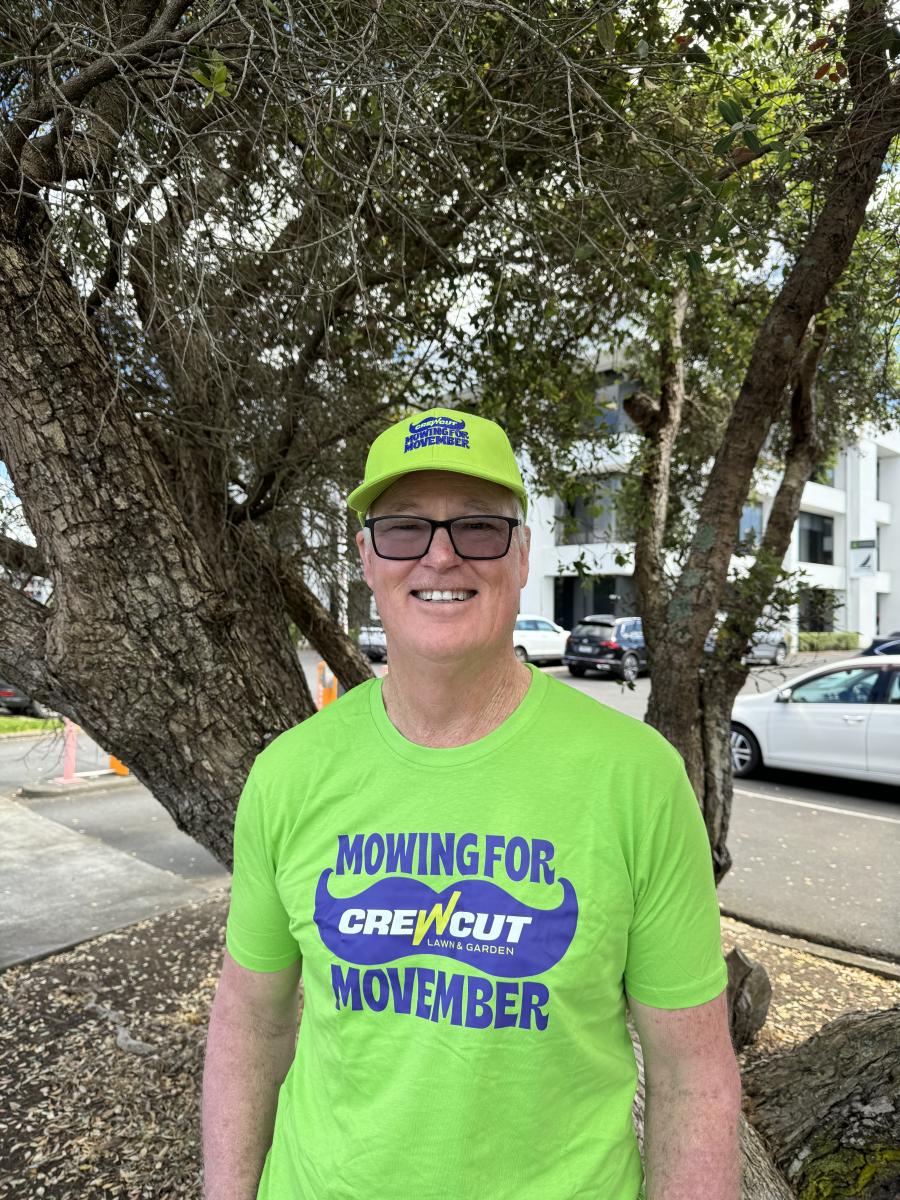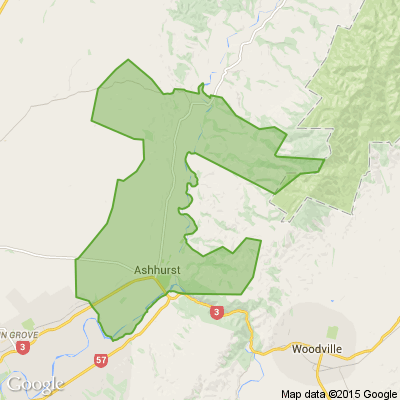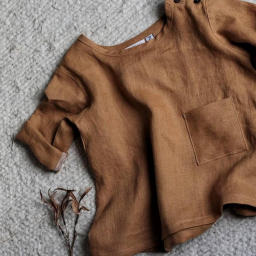Why do we love Linen?
As we all known that Linen is a natural fibre. linen is one of the earliest natural plant fibres that have been used for more than 10,000 years.
Flax fibre is a rare natural fibre, accounting for only 1.5% of the total fibre. Due to its natural and ancient nobility and high quality, it is known as the fibre queen. It comes from the stems of the flax plant. linen fabric or weave is produced of fibre of the flax plant.
Why do people love linen fabric so much? Let's look at his benefits.
1. Its cultivation requires less pesticides and fertilisers
Flax, the source material for linen, is undemanding when not vulnerable to pests (compared to cotton). Useful animals like insects are not eradicated and cultivation is more environmentally friendly. Yay.
2. Linen does not require artificial watering
Flax is very adaptable. It simply takes what is there and normally does not require further artificial irrigation.
3. It can be cultivated locally
That means the linen is not shipped through half of the world to get processed in the factories. Rather, ways are short and direct.
4. It has a high yield
Flax has a high yield. That means, that in a specific area many plants can grow and be harvested.
5. Flax can be used in a crop rotation system
In contrast to monocultures, a crop rotation system is healthy and nutritional for the soil where it is planted and does also help insects to be able to feed from different plants.
6. Linen is diverse
Flax can not only be used for clothing. That means, that a high share of the whole plant can be used to produce a variety of goods. This prevents waste and helps different industries.
7. Linen is durable
The final fabric is durable and easy to take care of. When not too dirty, you can simply hang it outside and it will lose its smell quickly, just like wool does.
8. It has super nice properties on your skin
Linen has a special cooling effect and is therefore ideal for warm days. Also, it is strong, lightweight, and most importantly, durable, so you can use it for a long time!
9. Linen has history
The Egyptians used linen thousands of years ago (rich and poor Egyptians alike) and there is evidence that as long as 34,000 BC, people were using linen-like clothing.
10. Linen is biodegradable
Linen is compostable and will therefore not lie on landfills years and years after being disposed. It will either be composted or recycled if you dispose of it correctly.
If you own linen curtains - we can clean them! We take extra measures to prevent shrinking and they are pressed after cleaning so they stay hanging beautifully. See our website to book your curtains in. www.curtainclean.co.nz...
Live Q&A: Garden maintenance with Crewcut
This Wednesday, we are having another Neighbourly Q&A session. This time with John Bracewell from Crewcut.
John Bracewell, former Black Caps coach turned Franchisee Development Manager and currently the face of Crewcut’s #Movember campaign, knows a thing or two about keeping the grass looking sharp—whether it’s on a cricket pitch or in your backyard!
As a seasoned Crewcut franchisee, John is excited to answer your lawn and gardening questions. After years of perfecting the greens on the field, he's ready to share tips on how to knock your garden out of the park. Let's just say he’s as passionate about lush lawns as he is about a good game of cricket!
John is happy to answer questions about lawn mowing, tree/hedge trimming, tidying your garden, ride on mowing, you name it! He'll be online on Wednesday, 27th of November to answer them all.
Share your question below now ⬇️

Poll: Should all neighbours have to contribute to improvements?
An Auckland court has ruled a woman doesn’t have to contribute towards the cost of fixing a driveway she shares with 10 neighbours.
When thinking about fences, driveways or tree felling, for example, do you think all neighbours should have to pay if the improvements directly benefit them?

-
82.7% Yes
-
14.8% No
-
2.5% Other - I'll share below
What's your favourite recipe for courgettes?
Kia ora neighbours. If you've got a family recipe for courgettes, we'd love to see it and maybe publish it in our magazine. Send your recipe to mailbox@nzgardener.co.nz, and if we use it in the mag, you will receive a free copy of our January 2025 issue.









 Loading…
Loading…



















